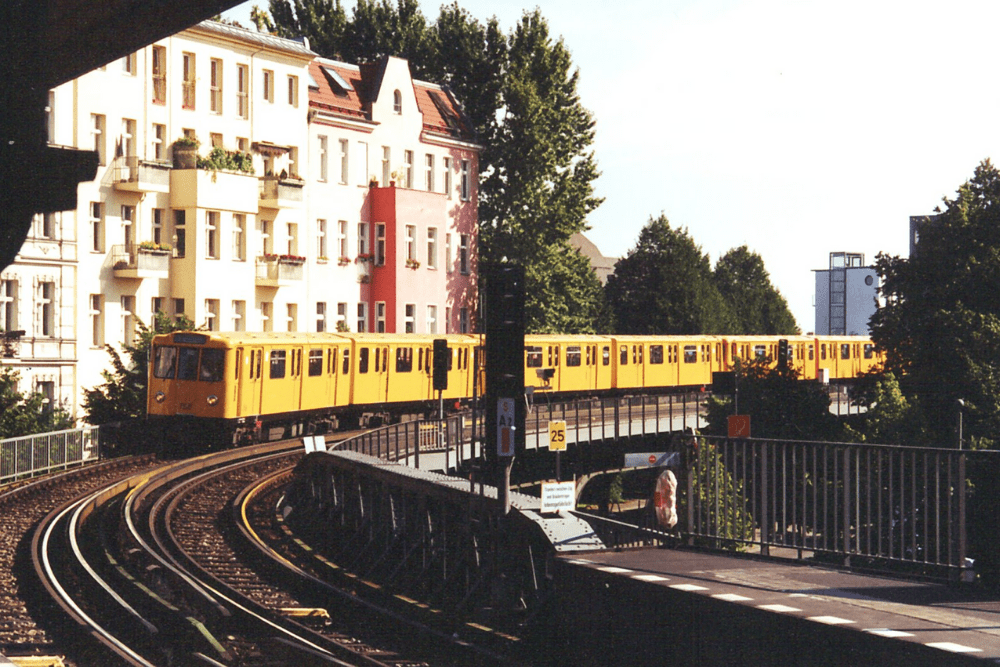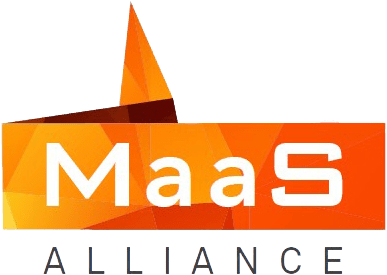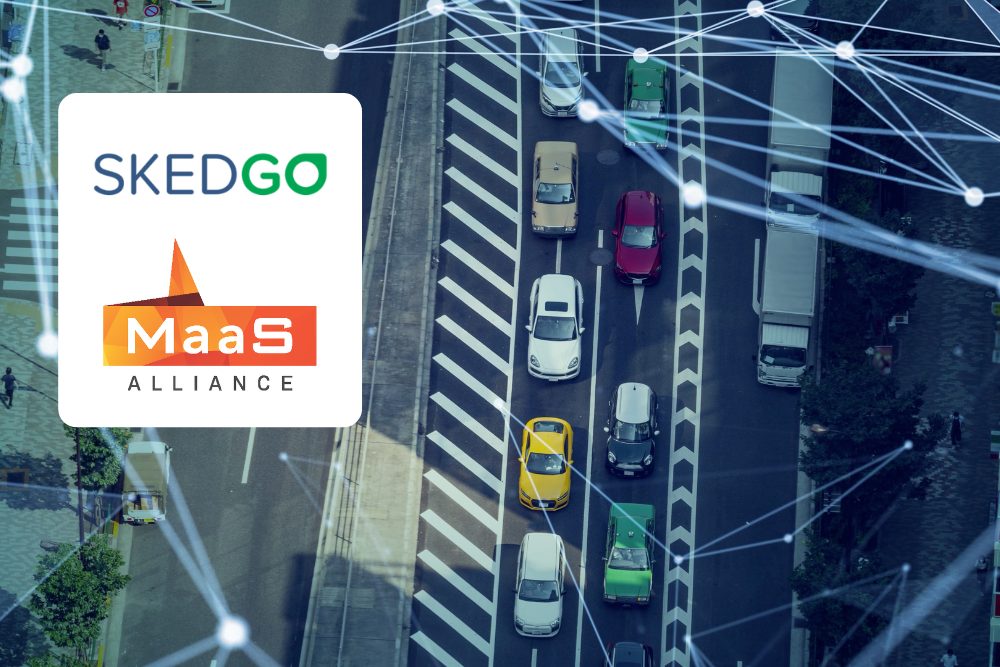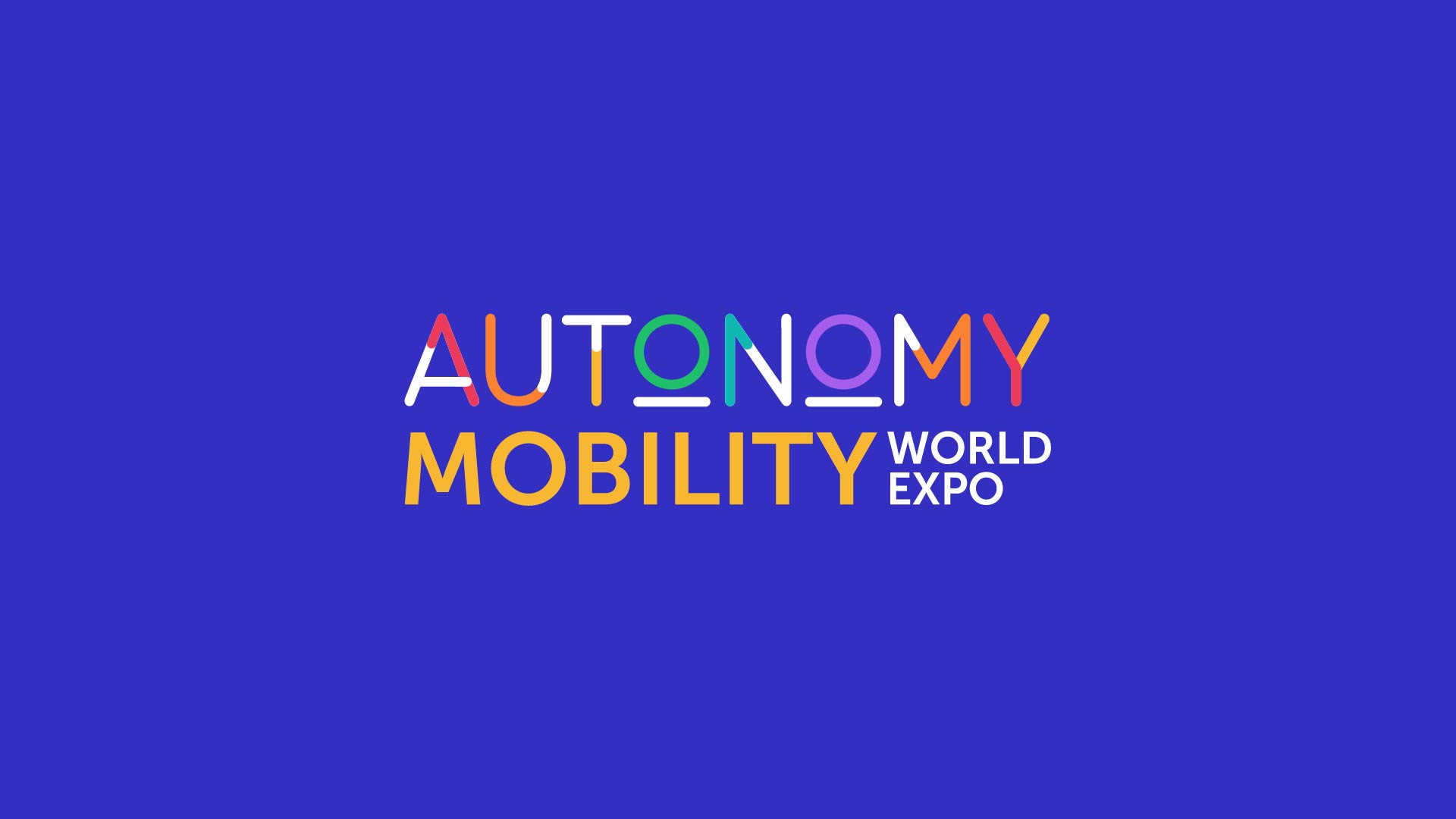
“A green economy is defined as low carbon, resource efficient and socially inclusive.”– UN Environment Programme
Across the globe, nations are heavily committed to make our economy greener. With 80% of the world’s energy coming from fossil fuels (source: OECD), the move to a low carbon economy needs governments to work together on robust climate policies.
This includes addressing the environmental cost of our current transportation system – almost 90% of emissions come from five economic sectors, with transport accounting for around a quarter of energy-related carbon dioxide emissions (source: OECD).
The good news is that governments are listening, and they’re not alone. Businesses and the financial industry are also recognising the potential upside of the monumental shift that’s been taking place. In the first of this two-part series, we’ll look at the recent significant commitments from governments and how this sets a firm foundation for mobility-as-a-service (MaaS) to flourish.
Governments get tough(er) on climate action.
In our article MaaS: the quiet revolution in transport (part 1), we mentioned the global push for smarter sustainable transportation, including the European Green Deal and the EU’s Sustainable and Smart Mobility Strategy. In April 2021, the EU agreed on a European climate law that provides a framework for future climate regulations. Their aim? Zero net emissions by 2050, putting the spotlight on polluting sectors such as transport rather than relying on removing CO2 via ‘carbon-absorbing forests and wetlands’ (source: EU Reporter).
Meanwhile, across the pond, US president Joe Biden held the Leaders Summit on Climate, bringing 40 world leaders together to discuss both the urgency and economic benefits of stronger climate action. America ‘pledged to cut carbon emissions by 50-52% below 2005 levels by the end of this decade’ (source: BBC). On his first day in office, President Biden also re-enlisted the US into the 2015 Paris Agreement.
Later this year, the UK, in partnership with Italy, will host the 26th UN Climate Change Conference (COP26) in Glasgow. It aims to encourage more action towards meeting the targets for the Paris Agreement and the UN Framework Convention on Climate Change. The message is clear – at a global level, governments know they must act fast.
The UK recently announced its commitment to cut carbon emissions by 78% by 2035, much faster than initially promised, and has extended it to cover international aviation and shipping (sources: BBC and Business Green). In London, the mayor has pledged to invest £10m in the Green New Deal to secure thousands of green jobs (source: Gov.UK), and the Scottish Government is investing £7 million in zero-emissions projects. Meanwhile, Germany is looking to invest a staggering US$46bn in sustainable investments as part of a green recovery post-Covid with a significant commitment to public transport and the rail system (source: World Economic Forum). It’s very serious about making change happen, which also means changes with alternative fuels and transportation.
MaaS Opportunity
As the commitment from nations continues to gather pace, this opens up further opportunities for MaaS. As it becomes more expensive, inconvenient or untenable to use personal private vehicles (particularly if they’re fossil fuel-powered), people will have to find alternatives. A significant benefit of MaaS is the ability to aggregate all available transportation services, particularly within cities. The more clean transport options are available – from shared electric vehicles, e-bikes and e-scooters to park and ride schemes – the more of these options MaaS can present to the consumer – whether they’re a commuter, resident or visitor to a city.
The bottom line is that MaaS apps make it easy for travellers to move around and access all the transport options at their disposal. This convenience is a major benefit. So is the ability to show search results that include more environmentally friendly modes, including CO2 emissions for each leg of the journey. It provides food for thought, particularly as people become more aware of their impact on the environment. To this end, national and local governments can use MaaS to incentivise the use of sustainable transport.
Greenlight for MaaS
Given government efforts to move to greener fuels, back alternative modes of transport and offer better means to accessing mobility options, MaaS provides an incredibly viable solution to pull this combined offering together. After all, MaaS technology is already pretty advanced in terms of its capabilities. Its algorithms are designed to provide personalised results with alternative-fuelled vehicles, shared cars, public transport, cycling, walking and micro-mobility all in the mix.
As we mentioned in MaaS: the quiet revolution in transport (part 2), moving large numbers of people around cities makes cycling and micro-mobility attractive, resulting in better utilisation of road space. Active travel is another essential part of the equation for governments, getting us from A to B while helping to maintain physical health. However, without knowing the options available, the best times to use specific modes and routes, many citizens are likely to default to their usual transport options without realising there may be better alternatives.
MaaS apps can provide near real-time data, allowing travellers to plan a route and make changes along the way if problems such as congestion, breakdowns or other disruptions to their journey. Being able to switch modes and automatically pay in-app takes a lot of the frustration out of travel and provides details of CO2 emissions. By serving up this information without citizens quickly, easily accessible and up-to-date, MaaS can help promote behavioural shifts. Along with the right incentives, people are more likely to make changes that benefit both themselves and government environmental targets, helping to support a greener economy when it comes to sustainable transport choices.
SkedGo provides the technology and intelligent algorithms to power MaaS applications. If you’d like to discuss your MaaS project, we’d love to hear from you. We’d also be interested to hear from potential investors. Please feel free to get in touch.
Source: Skedgo



